So my text for the day is indeed the Labour announcement. Keir Starmer gives every impression of being a decent and honourable man. He is a good role model to young people as well as voters. That’s good news, a welcome change and a flying start. Here’s what they say.
- Vocational education should have parity with academic and the snobbery that surrounds practical learning is one of our national disasters. Big tick for this and a ‘well done’ in the margin. Perhaps if we selected our politicians differently, and had more people in parliament who had ever worked with their hands, we might look on vocational learning differently.
- Oracy gets a ‘good point’ in its margin. It is indeed important that all our children have the skills, confidence and experience to speak their truth plainly and clearly. It needs more prominence in school – we all do it, but because it doesn’t count on any performance tables, no one knows. It's not just about debating, though debating is important, but about confidence in every lesson, every interaction.
- ‘A specialist teacher in every classroom’ is an entry-level aim though so far from the lived experience in many schools as to make it an impossible dream. I’d say ‘expand this point’.
- £2400 for every new teacher. Any money for teachers is good news but this is not the answer. First, find your new teacher. Only 55% of who we need are in training at the moment and the training targets have been missed for nine years out of ten. Second, even this won’t pay the rent in many areas. Third, even with the cash incentive they’ll be no more likely to stay for more than five years than any other teacher who can’t make the sums and the working life add up to anything other than a deficit. ‘See my comment below’.
- Creativity and the arts as an entitlement for all. Tick again. This seems to mean that an arts or PE subject will be included in the Progress 8 measure to force schools to do it. While better than what we've got (and identical to the Tallis TBacc) I’m queasy. Its an answer to a current problem that reinforces the current problem. ‘Think about this point again’
People who work with their hands are as vital and important citizens as anyone who works with a pen (keyboard). To look down on such skill is shameful and only tolerated in a divided society that inexplicably takes its lead from scoffing toffs.
Oracy is posed as a problem because we all appear to believe that privately educated children get ahead because they’re more confident and articulate than state school children. No they don’t. They get ahead because we live in a spectacularly unequal society. Training in articulacy is a great idea, but will it actually result in more High Court judges or MPs coming from comprehensive schools?
Specialist teachers in classrooms are the norm in the independent sector. Funding, pay erosion and the recruitment and retention catastrophe has taken this away from the 93%.
A bonus for every new teacher: see above.
Creativity and the arts? I repeat, first, find your teachers. Second, fee-paying schools take this breadth of curriculum for granted. Third, funding undermines it while the teacher shortage hits it on the head. Ouch.
What I mean is this. The full cost of underfunded schools is seen in the curriculum. When there’s not enough money to pay for teachers’ time, classes get bigger and the curriculum contracts. The workload becomes deadening and teachers leave or are made redundant when their non-core subject is the price of a balanced budget. If you can’t find music teachers, its easier not to offer music beyond the compulsory element at KS3.
Further, performance measures mean that heads will always have to prioritise the core curriculum of English, maths, science, languages and history-and-geography. It WILL help if more of the broad curriculum is enforced through this accountability route. I’d welcome this. But what I’d welcome much more are commitments about school funding, teachers’ pay and the incalculable value to us all of a broad, balanced and fully-funded curriculum for our children.
Sir Keir, you’re playing a long and careful game and at least Labour’s talking to educators. I look forward to your second draft.
CR
6.7.23

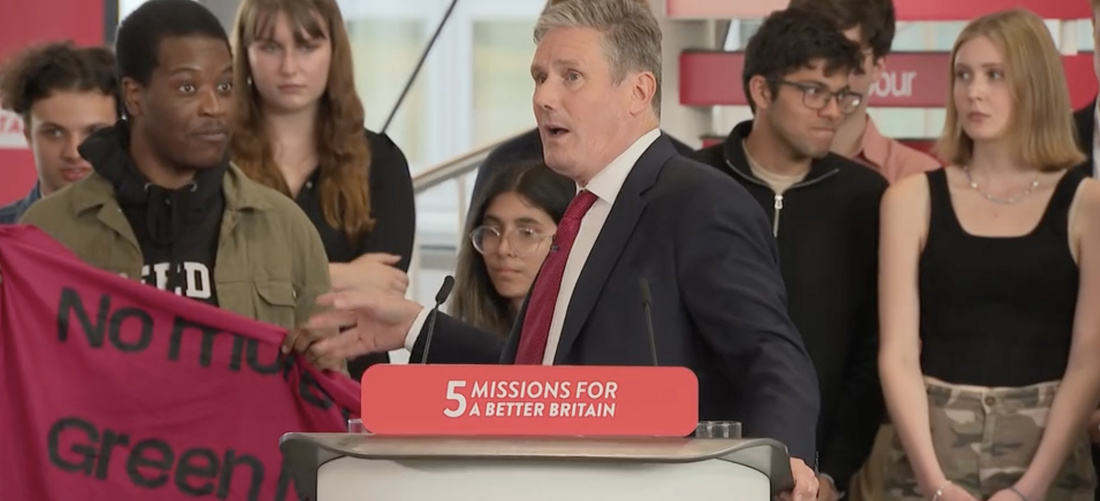
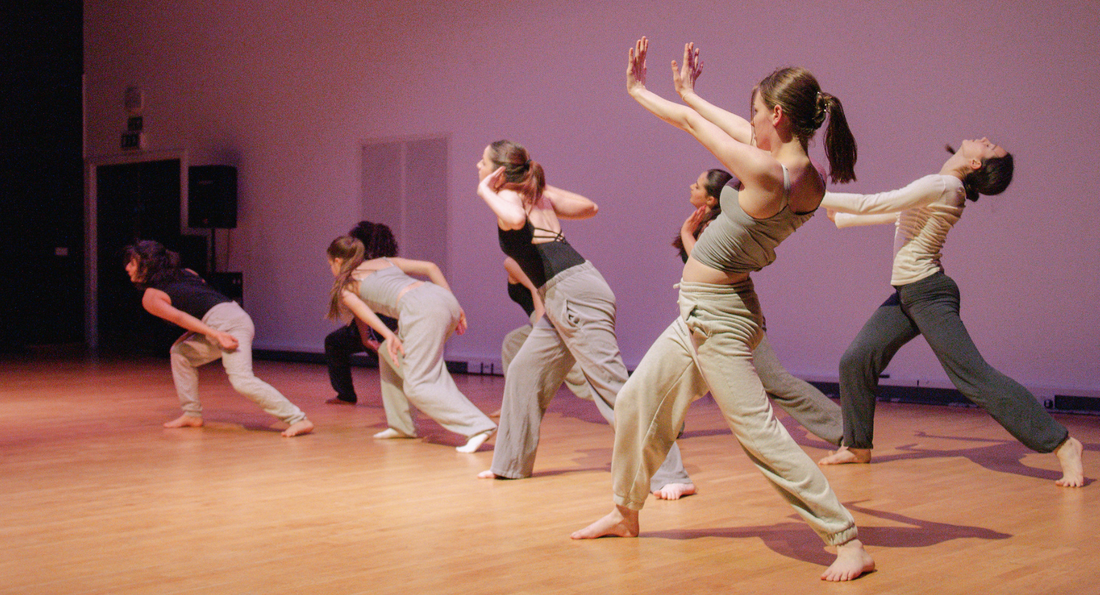
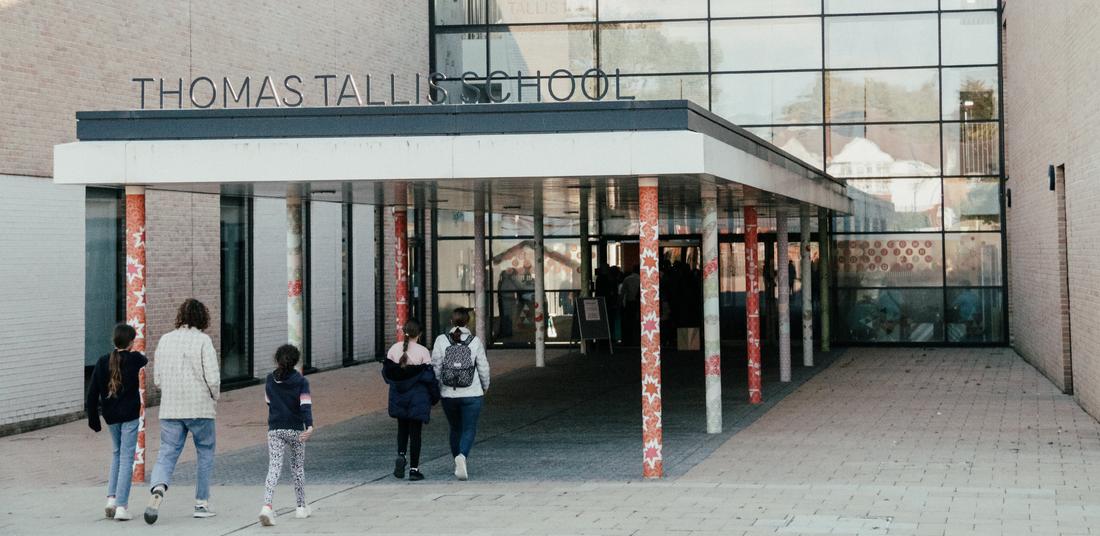


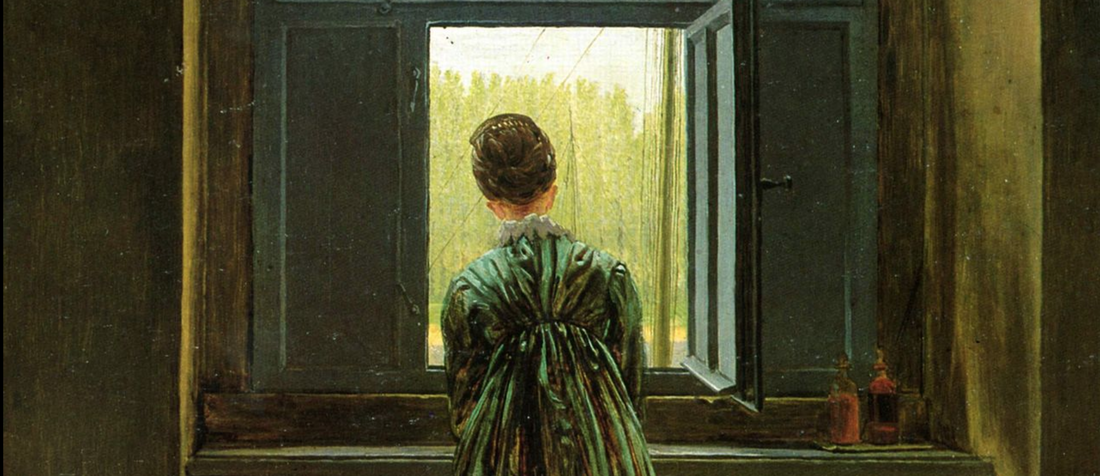


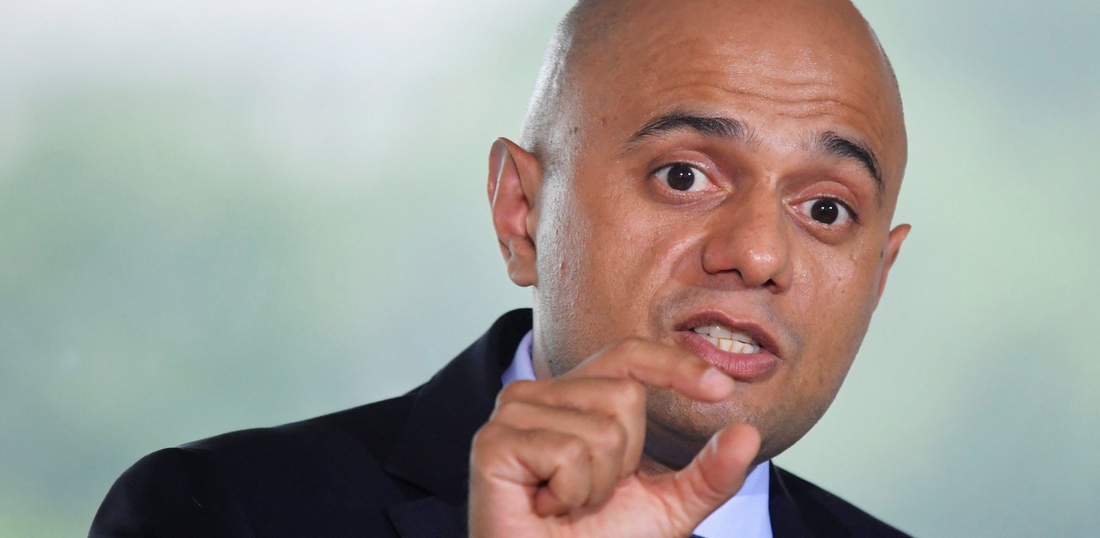







 RSS Feed
RSS Feed